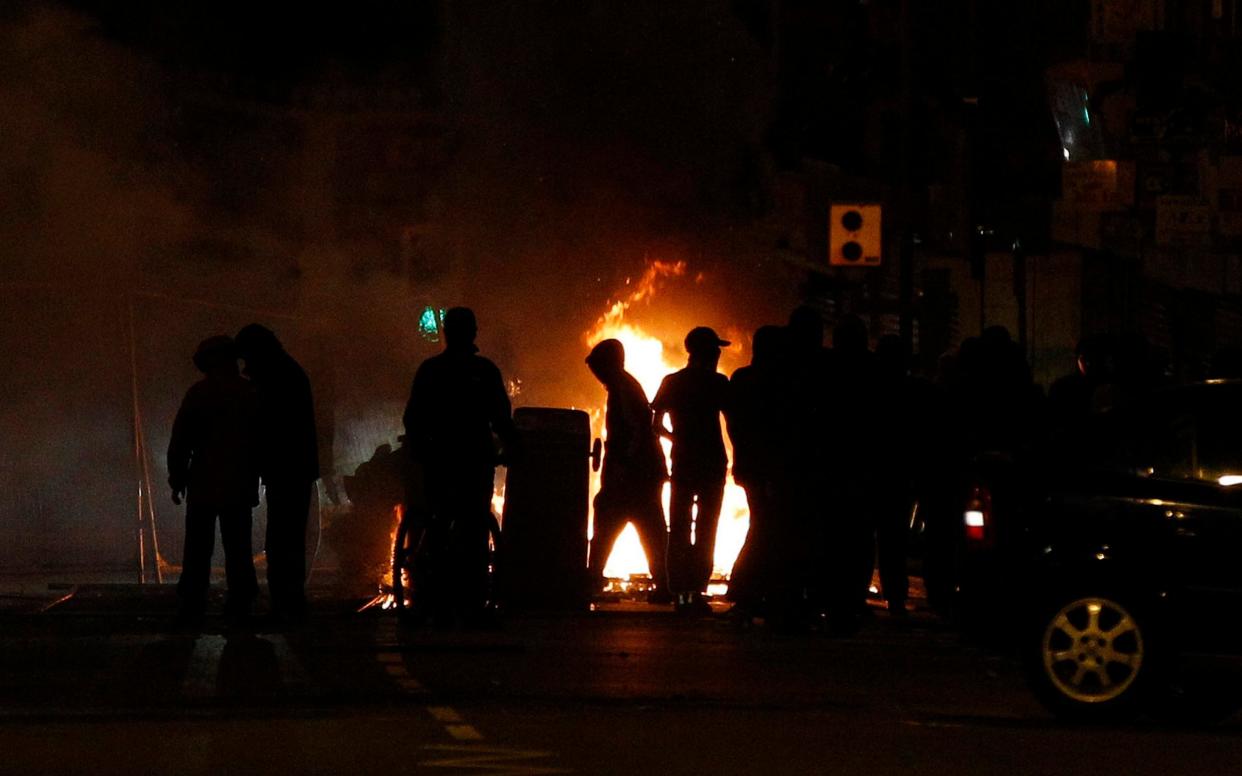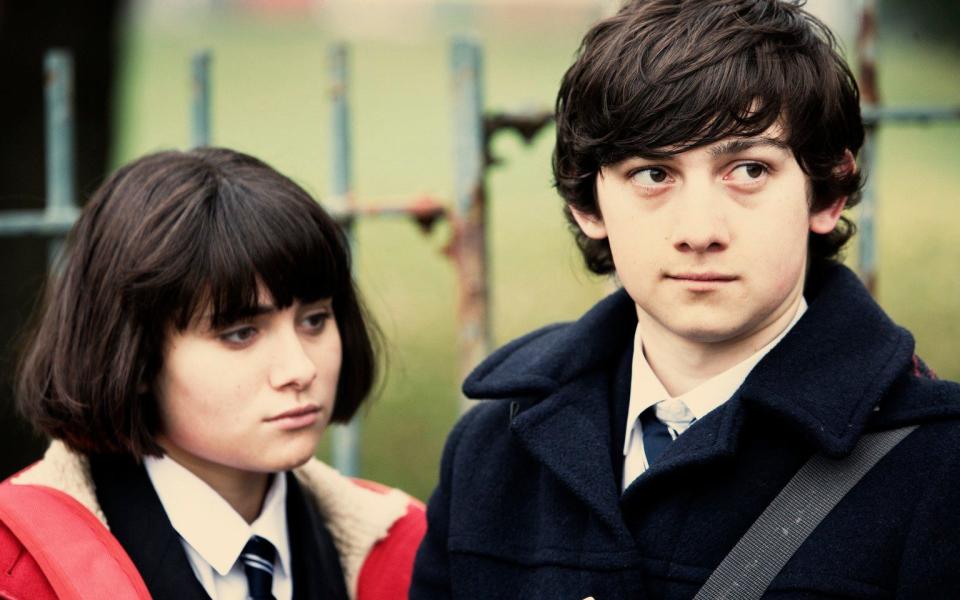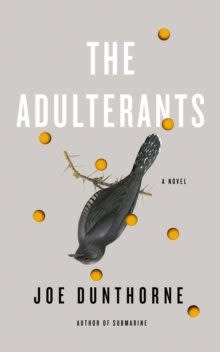The Adulterants by Joe Dunthorne, review: a clever underpinning of the contradictions of modern life

Oliver Tate, the teenage protagonist of Joe Dunthorne's first novel, Submarine, brought to the minds of reviewers those two pimply aesthetes of the 20th century: Adrian Mole and Holden Caulfield.
It was one of those novels that everyone who hadn't written one themselves read and thought: I could do that. Hard to find more honest praise: Oliver was recognisable to everyone.
In The Adulterants, his third novel, Dunthorne turns his searchlight to another well-known character type. He doesn't use the word, but our narrator, Ray, bears all the vital statistics of the "millennial": early 30s, dissatisfied, and living alternately in Clapton and on the internet. Much of the action takes place online, through instant messages and comment sections ("the bottom half of the internet").
Garthene, Ray's wife, is a nurse. She is pregnant, and they spend much of their time together in pursuit of various ghastly flats. To my ear, her name is admirably hideous. Online, it barely exists outside this novel.
I wonder whether Dunthorne is an SEO supremo, with alerts set up to track the rise in searches of "Garthene". (In contrast, Ray's friends are called things like Lee and Dave, and other names that no one really has.)
Ray, a tech journalist, works at the rate of 10p per word. He lives in a world where people now try for houses instead of babies, have midweek barbecues and wonder why they can't buy houses, and use the words "amazing", "incredible" and "wonderful" for things, activities and sensations that are everyday, trying to splash a Nicholson Baker-like lather over the mundane.

Ray knows there is more to life, but can't help enthusing over one period maisonette: "just the thought of discovering floorboards..." That he should be in the running to buy a house at all amazes me, with his earning coppers for articles on mobile coverage.
Everything points to parental assistance. Dunthorne has thought of this. I first interrogated the couple's finances on page 65, and on page 88, Ray claims that he won't ask anyone for help. It is one of his more likeable moments.
Ray also notices, and is made uncomfortable by, a menu's usage of "Asian rice", even though there are, culinarily speaking, "thirty-five regions in China alone". Then he eats it anyway, and worries about tipping instead.
Of a police officer, he muses benevolently, "Her parents were Nigerian. Nigerians are one of the most high-performing immigrant groups, not that I wouldn't have liked her if she'd had roots elsewhere." Thirty years ago this might have passed for hyper-awareness; now everyone's doing it, and it's known as virtue-signalling.
The novel is set during the 2011 riots, or something very like them, and the key scene is brilliantly handled, with at least four sub-plots slipping and sliding past each other like oiled-up wrestlers.
In the chaos, Ray breaks into his estate agent and finds the details of the rival house-bidders (they are that sordid evil: "cash buyers"). Then he is caught on camera with a couple of Polish tinnies handed to him by a looter. His picture appears all over the tabloids - the print media still pips the internet when it comes to vilification - and his public shaming and private troubles explode from here, although probably not in the way most would expect.
Ray does go crazy enough to begin stalking someone towards the end of the book, but most of his time is spent passively, in spiteful respite.
Lazy narrators, or those who wait for life to come to them, are supposed to be anathema to the reader. That's not a problem here: Dunthorne is a great storyteller. Conversely, some of his reflections on modern life fall flat. It is plot, not prophecy, that makes this book stand out, and Ray is his own, vengeful thing, not a modern everyman.

There are lines that Vice magazine's visionary Clive Martin might have handled better: "I just can't get excited about someone who doesn't have some pretty prominent flaws." Not this narrator, who has a tremendous interest in everyone he considers better than him, socially, sexually or monetarily.
What about the false quantities, the tinlike adjectival endings, in describing a couple as having "an air of tremendous financial-sexual security"? Injudicious hyphen? Socio-economic, I can get behind, but that double "-al" jars.
Elsewhere there is a perfect hyphen - "There was the thrill of the drug itself and, equally powerful, the thrill of wasting public-health resources" - but the sentiment is neither true nor very funny.
There are some lovely little moments, and where Ray's interactions with others usually play out in a hysterical key, his relationship with Garthene is tender and delicate. A personal favourite sees him cleaning their box flat: "Behind the bed I collected a handful of fluorescent ear plugs that must have fallen from Garthene's ears in the night."
Dunthorne pins the contradictions and conveniences that define much of modern life. He doesn't say whether it is good or bad; he simply focuses on making it funny. That the times and morals are always decaying is the song of the conservative artist; that this is untrue is the eternal reproof of his conscience.
So Dunthorne doesn't bewail the times. Instead, the author of Submarine raises his periscope as he sinks through the deep, and he finds bioluminescence in the murk.
The Adulterants by Joe Dunthorne is available on The Telegraph Bookshop for £12.99

